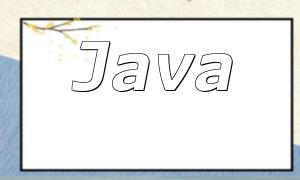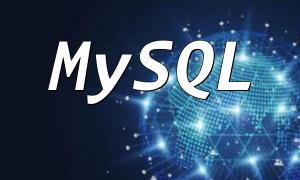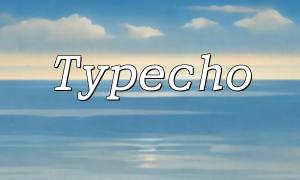With the rapid development of mobile internet, decoupled frontend-backend architectures are becoming more and more popular. In this development model, the frontend is responsible for displaying and interacting with the user interface, while the backend handles data logic and storage. Among the commonly used backend languages today are Go, PHP, and Java. So how do developers choose between Go, PHP, and Java? This article will compare these languages in terms of performance, development efficiency, and ecosystem, and help readers make an informed decision.
Performance is one of the key factors when choosing a backend development language. We conducted a simple HTTP interface stress test to compare the performance of Go, PHP, and Java. Below are the simple code examples for each language:
package main
import (
"fmt"
"net/http"
)
func helloHandler(w http.ResponseWriter, r *http.Request) {
fmt.Fprintf(w, "Hello, world!")
}
func main() {
http.HandleFunc("/", helloHandler)
http.ListenAndServe(":8080", nil)
}<?php
header("Content-Type: text/plain");
echo "Hello, world!";
?>import java.io.IOException;
import java.io.OutputStream;
import java.net.InetSocketAddress;
import com.sun.net.httpserver.HttpExchange;
import com.sun.net.httpserver.HttpHandler;
import com.sun.net.httpserver.HttpServer;
public class HelloWorld {
public static void main(String[] args) throws IOException {
HttpServer server = HttpServer.create(new InetSocketAddress(8080), 0);
server.createContext("/", new MyHandler());
server.setExecutor(null); // creates a default executor
server.start();
}
static class MyHandler implements HttpHandler {
public void handle(HttpExchange t) throws IOException {
String response = "Hello, world!";
t.sendResponseHeaders(200, response.length());
OutputStream os = t.getResponseBody();
os.write(response.getBytes());
os.close();
}
}
}By using the ab tool for stress testing, we found that Go language significantly outperforms PHP and Java in terms of response time and throughput (Requests per second). This is mainly due to Go's strong concurrency capabilities, which are ideal for handling high-concurrency scenarios.
In conclusion, Go language performs better in terms of performance, making it suitable for backend development in high-concurrency environments.
Development efficiency is another important factor when choosing a backend language. Considering factors like code simplicity, development tools, and framework support, Go, PHP, and Java each have their strengths.
Go language features a simple syntax and rich standard library, enabling developers to quickly implement functionality. Its static type checking and automatic garbage collection mechanisms help reduce common errors and memory leak issues. Furthermore, Go language has powerful frameworks, such as Gin and Beego, which greatly improve development efficiency.
PHP also has its advantages in terms of development efficiency. With simple syntax and flexibility, PHP allows developers to quickly implement features. Additionally, PHP's ecosystem is rich, offering many excellent tools and frameworks, such as Laravel and Symfony.
Java, as a veteran backend language, is known for its vast ecosystem and mature development tools and frameworks, such as Spring and Hibernate. Java's strong object-oriented programming features and cross-platform capabilities make it suitable for developing large, complex applications.
Overall, there is no clear winner among Go, PHP, and Java when it comes to development efficiency. Developers can choose based on their specific needs and personal preferences.
The ecosystem of a language is also an important factor when choosing a backend language. Ecosystem includes the language's characteristics, third-party libraries and frameworks, and community activity.
Go's ecosystem is relatively young, but it is growing rapidly. Go is ideal for building high-performance, scalable backend systems. Its community is active, and there are many excellent third-party libraries and frameworks available.
PHP, being an older backend language, has a well-established ecosystem. It has a large number of third-party libraries and frameworks, making it suitable for various use cases. PHP's community is also quite active, with many developers contributing their knowledge and code.
Java, with its long-standing presence, has a very mature and extensive ecosystem. It is widely used in enterprise applications, especially in large-scale systems. Java's community is also active, providing plenty of support and solutions.
In conclusion, while Go's ecosystem is still in its early stages, it is rapidly growing in terms of community engagement and third-party library support. On the other hand, PHP and Java have very mature ecosystems with a wide array of third-party libraries and frameworks.
In the context of decoupled frontend-backend development, Go, PHP, and Java each have their distinct advantages. Go is particularly suitable for high-concurrency backend development, while PHP and Java have their strengths in terms of development efficiency and ecosystem maturity. Developers should choose based on their specific needs and preferences. Regardless of the language chosen, it is essential to focus on code quality and development efficiency, and to continuously learn and adopt new technologies to keep pace with the fast-evolving internet landscape.








